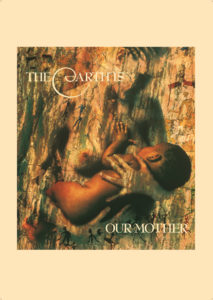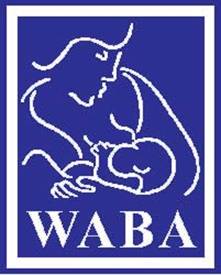 “Beat Plastic Pollution”, the theme for World Environment Day 2018, is a call to action for all of us to come together to combat one of the greater environmental challenges of our time. The theme invites us to consider how we can make changes in our everyday lives to reduce the heavy burden of plastic pollution on our natural places, wildlife and our own health. Researchers estimate that more than 8.3 billion tonnes of plastic have been produced since the early 1950s. About 60% of that plastic has ended up in either a landfill or the natural environment. To beat plastic pollution, WABA believes that we need to rethink our approach and inspire the kind of solutions that lead to sustainable behaviour change upstream.
“Beat Plastic Pollution”, the theme for World Environment Day 2018, is a call to action for all of us to come together to combat one of the greater environmental challenges of our time. The theme invites us to consider how we can make changes in our everyday lives to reduce the heavy burden of plastic pollution on our natural places, wildlife and our own health. Researchers estimate that more than 8.3 billion tonnes of plastic have been produced since the early 1950s. About 60% of that plastic has ended up in either a landfill or the natural environment. To beat plastic pollution, WABA believes that we need to rethink our approach and inspire the kind of solutions that lead to sustainable behaviour change upstream.
Breastfeeding is a prime example of the deep connections between human health and nature’s ecosystems. Breastmilk is a natural, renewable food that is environmentally safe and green. By contrast, artificial feeding leaves a major environmental footprint that contributes to a depletion of natural resources, environmental degradation and climate change in a number of ways. Dairy farming as well as production, packaging, storing, distribution and preparation of infant formula causes emission of greenhouse gases and water scarcity that further aggravate climate change. Meanwhile, breastfeeding produces zero waste in comparison to artificial feeding as there is no waste from packaging, plastic feeding bottles or plastic water bottles. Plastic feeding bottles and teats take a very long time to break down when disposed and contribute directly to plastic pollution worldwide.
Thus, breastfeeding is a climate-smart decision that helps ensure food security even in times of crisis. Protecting, promoting and supporting breastfeeding as a sustainable natural resource is crucial for the health of our planet and its people. Breastfeeding – which comes ready-made, ready to feed and requires no packaging is a huge saving in terms of carbon footprint and beats plastic pollution to the core. It also impacts positively on maternal and child survival, health, wellbeing and the environment.
For more information, contact:
Revathi Ramachandran, revathi@waba.org.my
